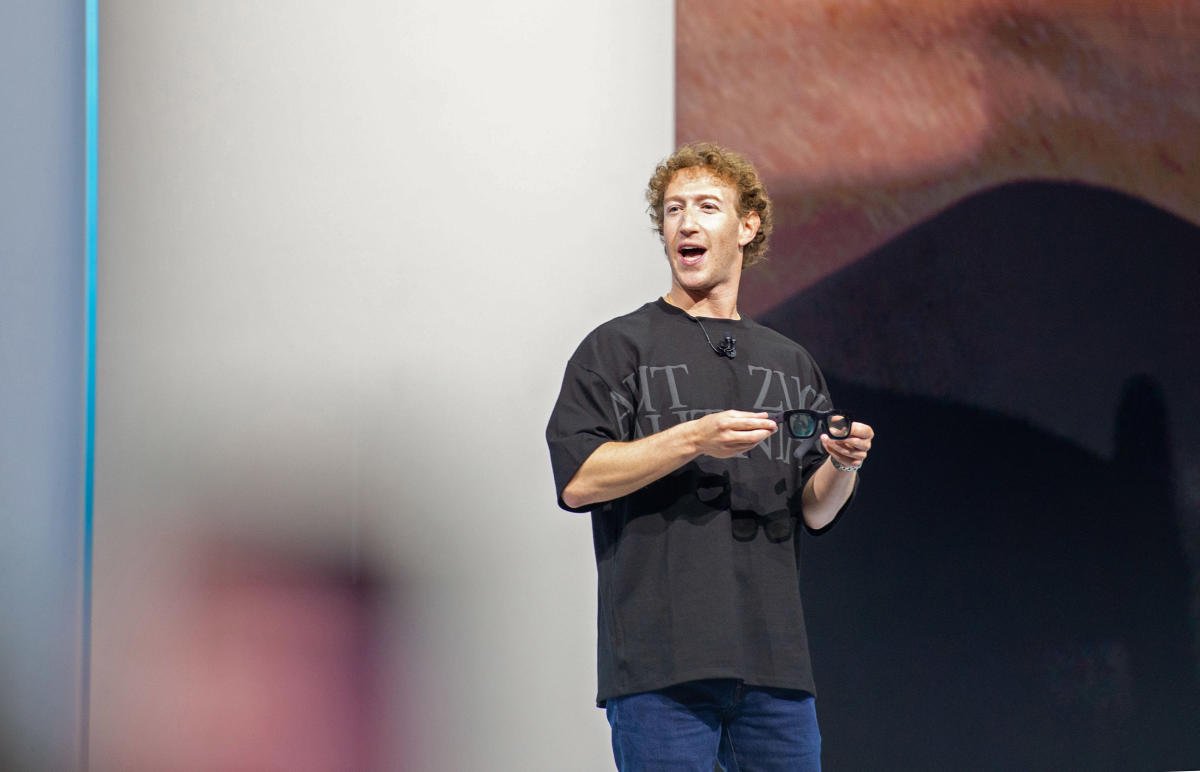
Meta is known to have used pirated materials to train its Llama AI models — with the blessing of company chief Mark Zuckerberg — according to an ongoing copyright lawsuit against the company. as TechCrunch reports, the plaintiffs in Kadrey v. Meta case submitted court documents dealing with the company using LibGen dataset for AI training.
LibGen is often described as a “shadow library” that provides file-sharing access to academic and general-interest books, journals, images and other materials. Counsel for the plaintiffs, which include writers Sarah Silverman and Ta-Nehisi Coates, accused Zuckerberg of approving the use of LibGen for training despite concerns raised by company executives. and employees describing it as a “dataset (they) know is pirated.”
The company removed copyright information from LibGen’s materials, the complaint also said, before feeding them to Llama. Meta openly admitted in a document submitted to the court that it had “delete(ed) all copyright paragraphs from the beginning and the end” of the scientific journal articles. One of its engineers reportedly developed a script to automatically delete copyright information. The lawyer argued that Meta did this to hide its copyright-infringing activities from the public. Additionally, the counsel mentions that Meta admitted to streaming LibGen materials, even though its engineers felt uncomfortable sharing them “from a (Meta-owned) corporate laptop.”
Silverman, along with other writers, sued Meta and OpenAI for copyright infringement in 2023. They accused the companies of using pirated material from shadow libraries to train their AI models. The court previously dismissed some of their claims, but the plaintiffs say their amended complaint supports their allegations and addresses the court’s initial grounds for dismissal.







